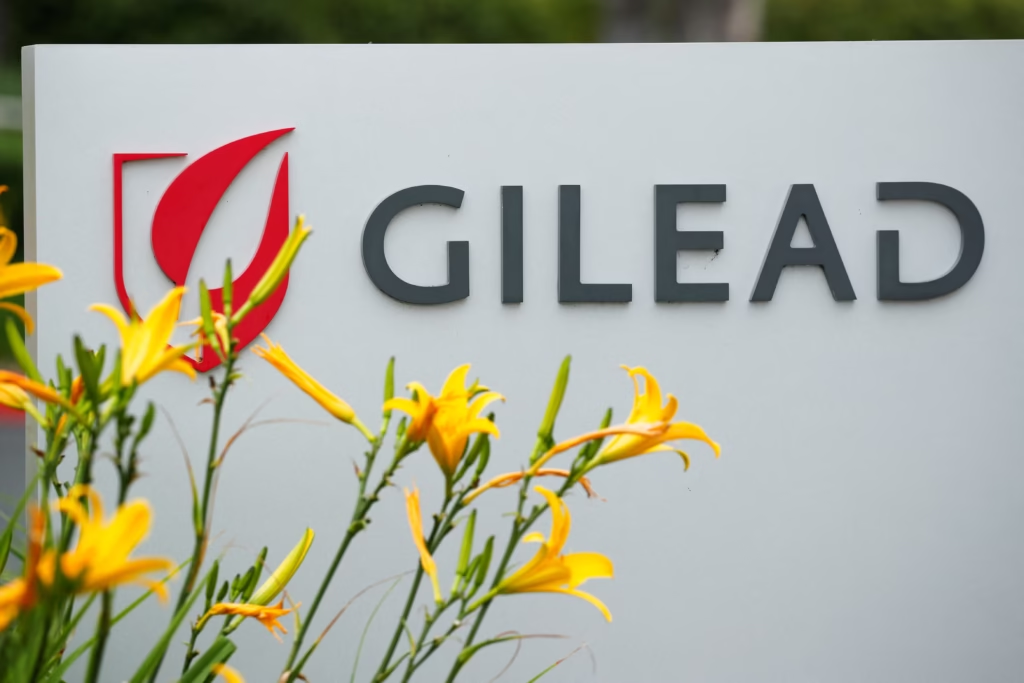Phase III ASCENT-04/KEYNOTE-D19 trial reveals meaningful PFS improvement with a novel antibody-drug conjugate/immunotherapy combo
Phase III ASCENT-04/KEYNOTE-D19 trial reveals meaningful PFS improvement with a novel antibody-drug conjugate/immunotherapy combo

On 22 April 2025, Gilead Sciences announced positive topline results from the Phase III ASCENT-04/KEYNOTE-D19 trial. The study evaluated Trodelvy (sacituzumab govitecan-hziy) in combination with Keytruda (pembrolizumab) versus Keytruda plus chemotherapy in patients with previously untreated, PD-L1 positive metastatic or locally advanced triple-negative breast cancer (mTNBC). Tumours in the enrolled patients expressed PD-L1 at a Combined Positive Score (CPS) of 10 or more.
The trial met its primary endpoint, showing a statistically significant and clinically meaningful improvement in progression-free survival (PFS) for the combo of Trodelvy plus Keytruda compared with the control arm (Keytruda + chemotherapy).
Some key details:
This result is notable for several reasons.
First, triple-negative breast cancer remains one of the hardest subtypes to treat, especially in the first-line metastatic setting. Limited options exist, particularly for patients whose tumours express PD-L1. By combining an antibody-drug conjugate (ADC) with immunotherapy, this study suggests that it may be possible to improve outcomes beyond what checkpoint inhibition plus chemotherapy has achieved.
Second, the findings could shift standard practice if regulatory authorities accept these data and if longer follow-up confirms the survival benefit and manageable toxicity. Clinicians will be particularly attentive to how the PFS gain translates into quality of life, tolerability, and the cost-benefit balance for patients.
Third, this fits into a broader trend where combining targeted or conjugated agents with IO (immuno-oncology) is becoming more common, especially for aggressive cancers. These combinations may enable stronger tumour control earlier in treatment, potentially delaying progression, reducing disease burden, and improving patient outcomes.
Some open questions remain:
Overall, the ASCENT-04/KEYNOTE-D19 result is a compelling piece of evidence that the Trodelvy + Keytruda combo could offer an important new option for first-line treatment of PD-L1 positive mTNBC. If subsequent data confirm these early findings, patients might see this regimen becoming part of standard care in the near future.
Keep in touch with our news & offers